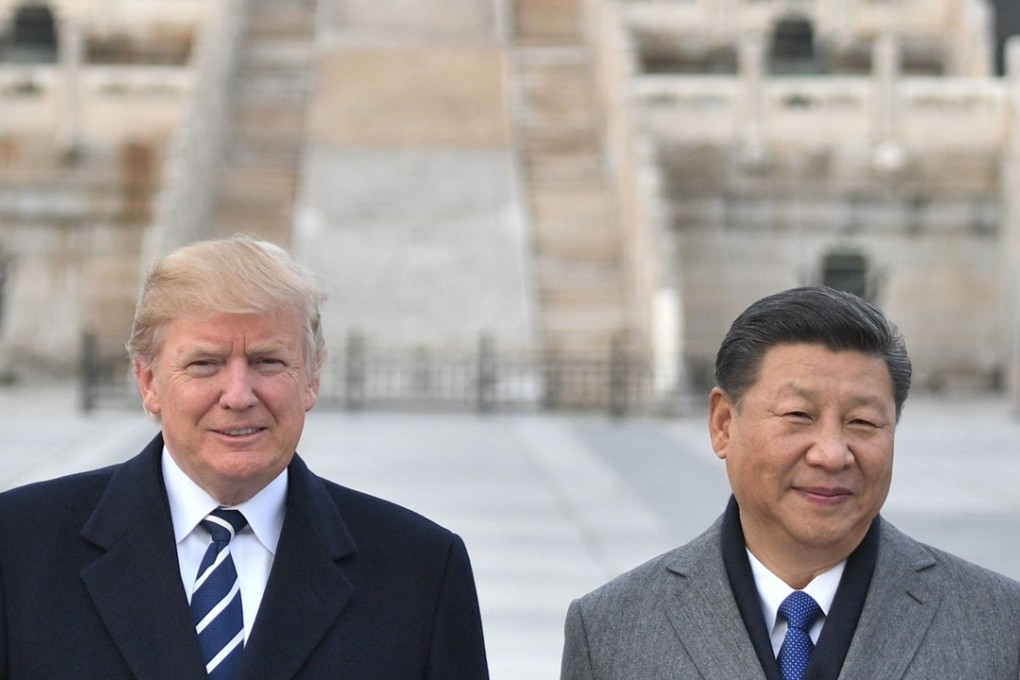US-China trade war could ‘severely undermine’ global merger activity in 2019, says Baker McKenzie report
- In a new report, the legal giant says an escalation of trade tensions could knock as much as 0.8 percentage points off global GDP by 2020

The trade war between the United States and China could weigh heavily on sentiment for corporate deals as soon as next year if the world’s two largest economies are unable to reach an accord on trade in the coming months, legal experts said.
In a new report, the law firm Baker McKenzie said an escalation of trade tensions could knock as much as 0.8 percentage points off global gross domestic product by 2020 and “severely undermine” the ability of companies to operate across borders. Worldwide GDP growth is expected to be 3.1 per cent in 2018, according to Baker McKenzie, one of the world’s biggest law firms.
“The risk is that much worse is to come. Global investors and deal makers have largely overlooked the acceleration of trade tensions between the US and China, and to a lesser degree, between the US and a range of other economies,” Baker McKenzie said. “But the global consensus that trade disputes should be handled via the multilateral framework has clearly broken down, and there is a risk of a damaging spiral into protectionism.”
Global mergers and acquisitions activity has remained robust, with the law firm expecting US$3.1 trillion in deals this year. But the report said transaction values are expected to decline to US$2.9 trillion next year as activity slows in the second half of the year, and fall to US$2.3 trillion in 2020.
In the Asia-Pacific region, the law firm expects the value of deals to increase 7.5 per cent year-on-year to US$750.7 billion in 2019, but to fall back to US$652.7 billion in 2020.